The best browsers. A guide on the best performing web browsers for surfing the web and some valid alternatives to Chrome and Firefox.
The best browser can help your Internet browsing experience quickly and safely. It can protect you from advertiser tracking and online ads, it can synchronize all your things with your phone and/or tablet, it can offer you the content you need and filter everything you don’t need.
A web browser is a software used to access the Internet. You can access the Internet without a web browser, but it requires the use of text commands, such as computer code. This code is the way all early Internet users had to surf the web until the first web browser called WorldWideWeb was created in 1990.
Web browsers have been instrumental in launching the Internet and are often confused with search engines, especially since many current search engines, such as Google or Bing, allow you to type directly in the address bar to perform a search.
With the arrival of Microsoft’s Edge, there have been great changes in the world of web browsers, although in reality, it has also embraced Chromium, the same software that supports Google Chrome and most of the web browsers.
The main holdouts to date are Apple’s Safari which uses WebKit and Firefox, which uses Gecko.
Best browsers
Below you will find the best browsers around with the evidence of strengths and weaknesses to help you choose the one that best suits your needs.
1. Mozilla Firefox (Windows, macOS, Linux, Android, iOS)

The best browser for advanced users and good privacy protection.
Pro
- Incredibly flexible
- Cross-platform synchronization
- Good privacy protection
Versus
- A little slower than rivals
- Occasionally it puts a strain on the hardware
- Crash risks
Mozilla Firefox is one of the most used browsers. The latest version is particularly good- it can warn you if your email address is included in a known data breach, block pop-up and notification ads, block fingerprint tracking, and explicitly encrypted scripts that use the resources of your computer.
You can customize it both in terms of appearance and in the range of extensions and plug-ins. The review has significantly improved its performance, which was starting to lag behind those of Chrome, it is also fluid and solid even on modest hardware.
2. Google Chrome (Windows, macOS, Linux, Android, iOS)

It is the browser preferred by Internet users.
Pro
- Fast performance
- Very expandable
- Cross-platform
Versus
- He may be hungry for resources when many tabs are open
- It is not the best solution for data protection
Google Chrome is famous for its huge requests for resources even if it manages to get along quite well with low-power hardware and limited RAM. The new tab lock feature has been designed to work around this by “freezing” tabs automatically in the background so they don’t use resources unnecessarily.
The latest version of Chrome isn’t bad at all. On the contrary- it is an exceptional browser with an extraordinary library of add-ons, cross-platform support and synchronization, excellent autofill features, and some excellent tools for web developers. It can warn you if your email has been compromised, has a secure DNS lookup for compatible vendors (Google’s DNS is one of them), and blocks many mixed dangerous contents like scripts and images on otherwise secure connections. It also enables the WebXR API for AR and VR. And don’t forget the Dark Chrome mode, which simplifies night navigation.
3. Microsoft Edge (Windows, macOS, Android, iOS, Linux)

A truly exceptional browser.
Pro
- Very fast
- Crystal clear privacy tools
- It can save sites as apps
Versus
- Windows wants it to be the default
- Few add-ons and extensions
- Poor data protection
Microsoft Edge is the default Windows browser and there are also versions for iOS, Android, and Mac.
The new Chromium-based version is significantly faster than its predecessor and includes some useful features including- Read aloud, the ability to stream multimedia content such as embedded videos to Chromecast devices, an Opera-style home page, and a good selection add-ons like password managers, ad-blockers and so on. You can also download web pages as apps which then run on standalone applications without having to start the entire browser.
There are many customization options and we particularly liked the Privacy and services page, which makes potentially confusing settings crystal clear, and the Site Permissions page. This allows for in-depth control over what specific sites can do- from popups and adblocking access to MIDI devices and automatic media playback.
Edge looks like Chrome and works like Chrome.
4. Safari (macOS, iOS)
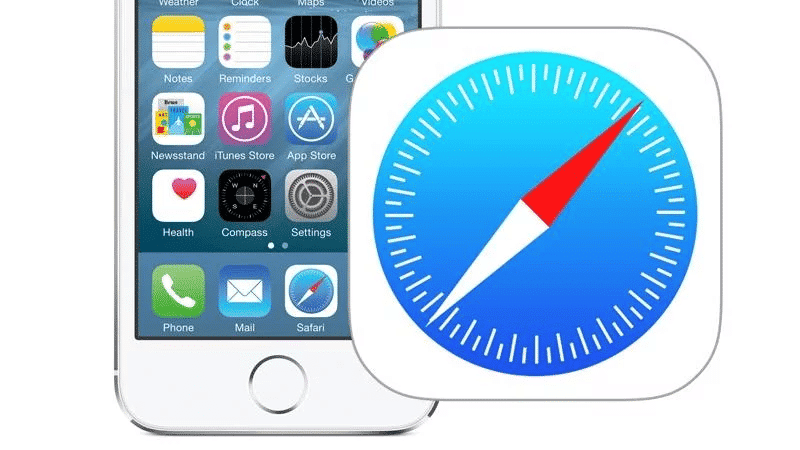
Safari is Apple’s web browser and Microsoft Edge’s counterpart. As a result, it is also included in the software package of Apple portable devices with iOS.
Pro
- Good performance and reliability for Apple devices
- Excellent data protection
Versus
- Support for Windows or Android
- Lack of security, since updates are released slowly
- Fewer add-ons than many other browsers
The advantages of using Safari if you have a macOS or an iPhone with the iOS operating system are the possibility of using it both on desktops, laptops, and mobile devices, good data protection, because Apple does not record any user data, optimization for Apple devices and iCloud storage.
5. Internet Explorer (Windows, macOS, Android, iOS, Linux)
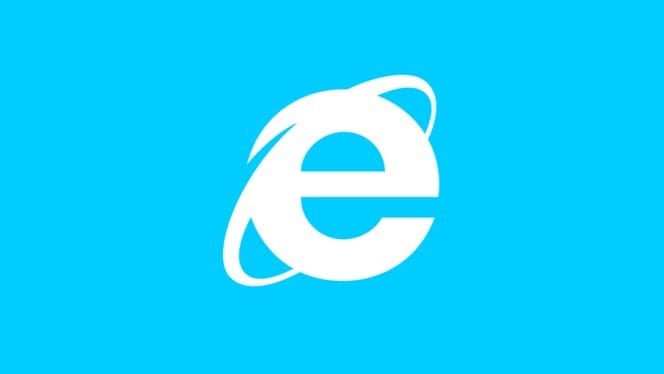
You are reading this article with Internet Explorer you need to know that it is no longer supported by Microsoft, which makes it a minefield for malware.
Its dated framework and slow processing speed have pushed Microsoft to replace it with Edge (in 2024) in the latest Windows 10 operating system even if IE is still present on Windows 8.1 today as the default browser and as a backup browser on Windows 10,
The advantages are those of a stable platform that allows a reliable card management system, the disadvantages- the fact that it is no longer supported by Microsoft.
6. Opera (Windows, macOS, Linux, Android, iOS)
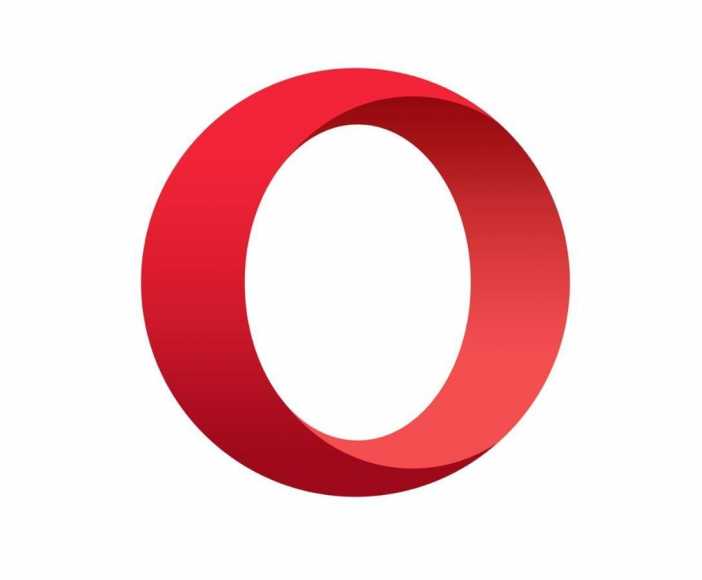
A classy browser particularly useful for collecting content.
Pro
- Built-in proxy
- Great security features
- Really nice interface
- Expandable with add-ons
- Good synchronization of desktops and mobile devices
Versus
- No more Opera Turbo
- It is not pre-installed but must be downloaded and installed
Opera allows you to activate the integrated adblocker, use its integrated VPN, activate its cryptocurrency crypto wallet, enable messages in the browser from the sidebar, and switch between light and dark modes.
It’s a great solution for gamers too- Opera GX is designed specifically for gamers and includes Twitch integration and Razer Chroma support.
It is based on Chromium, so the performance is fast and you can use the add-ons from the Chrome library. It also has some interesting ideas like Flow, which is designed for people who often find things they want to come back to later- if you constantly send emails or send interesting messages to yourself, Flow allows you to do it more elegantly, simplifying the sharing content from Opera on the phone to Opera on the computer.
There is also Personal News, which resembles the RSS Feedly reader, Apple News, or the Flipboard tablet app- it allows you to add your favorite news sources to create personalized online newspapers.
Also worth mentioning is Opera Turbo, which compresses Internet data such as images so that things load as quickly as possible on bad connections.
7. Vivaldi (Windows, macOS, Linux, Android beta)
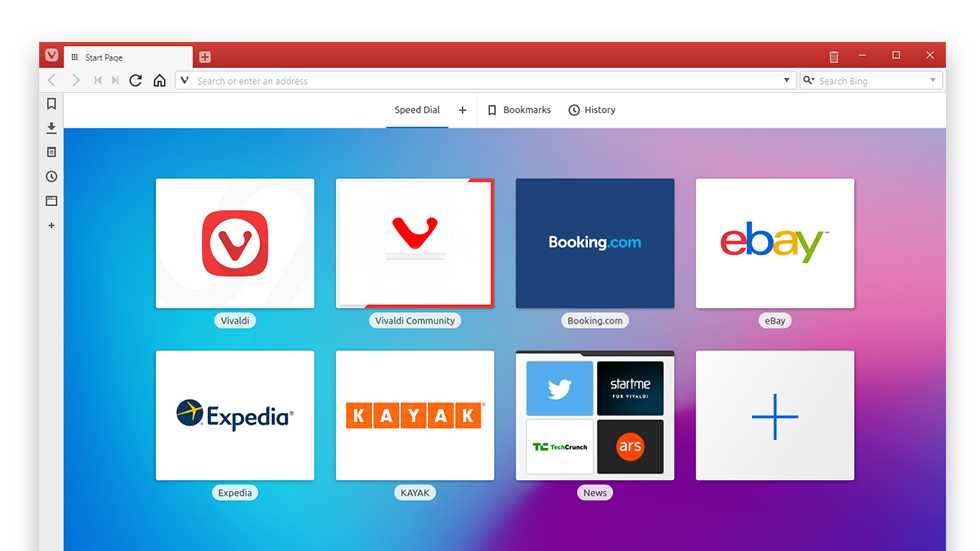
Create your browser with unique docking and tab-stacking.
Pro
- Incredibly customizable
- Creative interface functionality
- Supports Chrome extensions
Versus
- Bad for procrastinators
Vivaldi was born from an idea of the former Opera developers and, like Opera, does things differently than the most famous browsers. Vivaldi can be easily customized both in the navigation and on the user interface side.
Here too we find Chromium but also substantial compared to other browsers with the toolbar. You can block sites on the sidebar, paste toolbars wherever they fit and adjust page fonts and color combinations; have a notes panel, as well as the usual bits of history and bookmarks; customize the way the search works and assign nicknames to the search engines; changes the way tabs work and are grouped and more.
You can even view your history in graph form to see how much time you’ve spent on certain sites. If you are the type of person who likes to play with Vivaldi interfaces, it is perfect for expert users who know exactly what they want and what they are looking for.
8. UC Browser (Android, iOS, Windows)
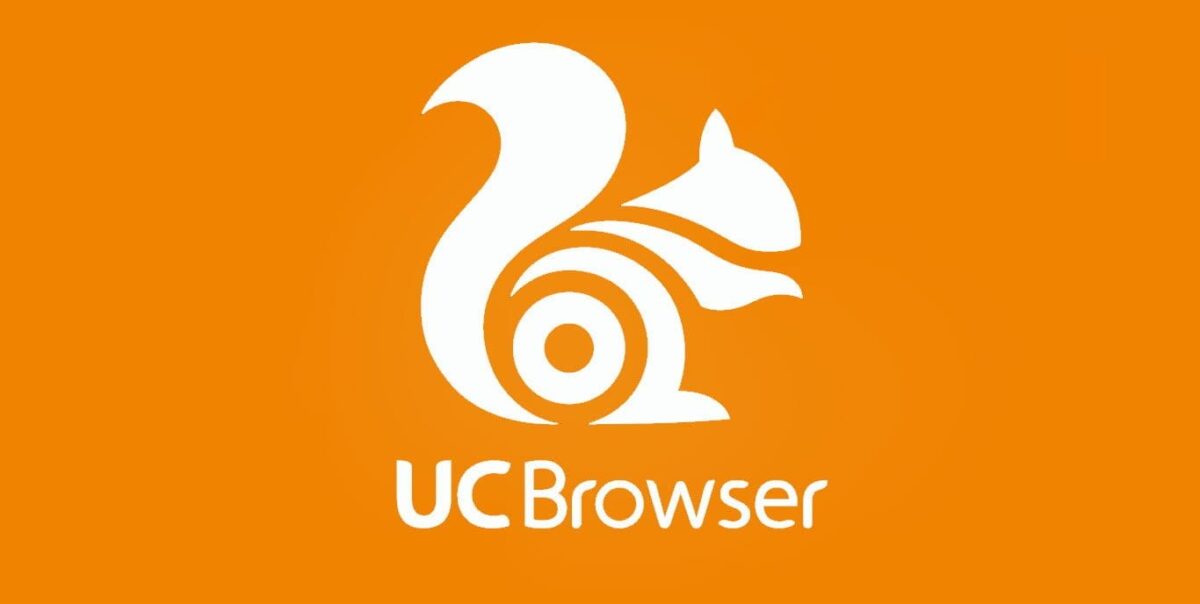
Pro
- Quick access to mobile websites
- Optimized for slow Internet connections
Versus
- It does not have good data protection
- It’s not safe
UC Browser is a free web browser first released in 2004. It uses cloud acceleration and data compression technologies and is the most popular browser for mobile devices in China and India. Over 500 million users worldwide use the web browser, which is compatible with Android, iOS, and Windows Phone, as well as with other devices.
Its distinctive features are- availability for macOS, Android, Windows Phone, J2ME, MTK, Tizen, Bada and BREW, simultaneous download, reduced memory usage, quick loading of web pages thanks to data compression technology and adaptation for mobile devices only.
9. Samsung Internet (Android)
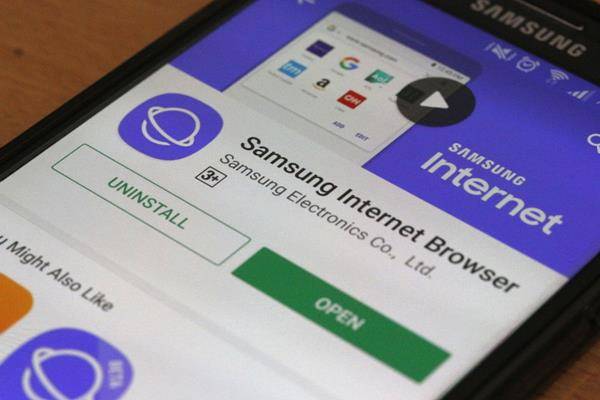
Samsung’s browser for mobile devices with Android or Tizen.
Pro
- Safe mobile browsing and good data protection thanks to Tracking Blocker
- Optimized management for Android and Tizen
- Supports add-ons
Versus
- Not suitable for iOS
- The reading mode only works on selected web pages
Samsung Internet is relatively new among web browsers. It was developed specifically for Galaxy series devices and was introduced in 2015. Samsung Internet is a mobile web browser for devices running Android or Tizen operating systems.
Fast and easy to use, this browser is only suitable for mobile devices and allows pre-installed advertising blocking and tracking blocking, and synchronization with Chrome bookmarks.
Other browsers
After the best browsers, below are other lesser-known but very interesting browsers to try.

